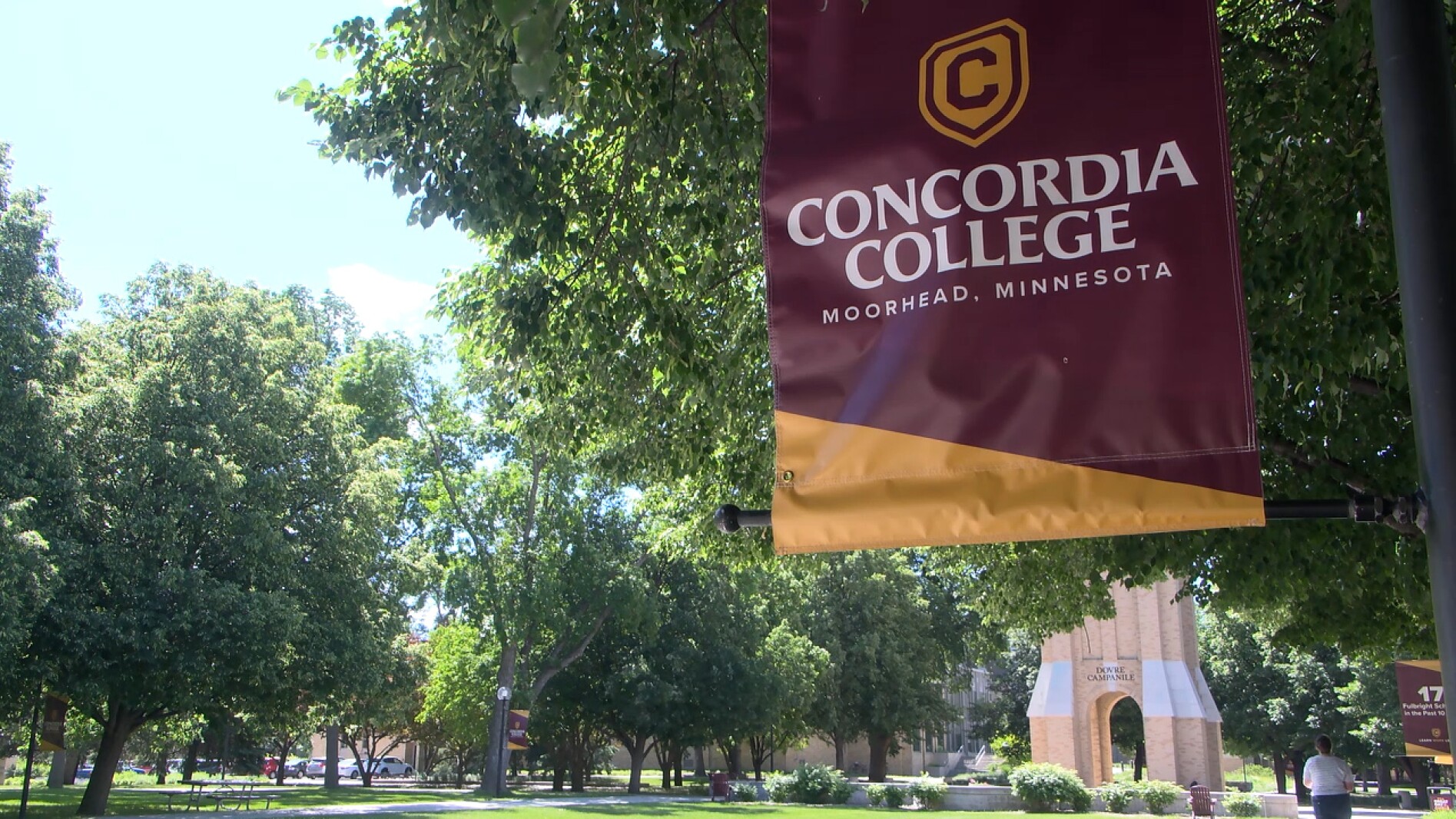Forest Living & Longevity: Researcher Claims 10 Years Shaved Off Biological Age

David Furman, a renowned longevity researcher specializing in inflammation, made a radical decision to test his own theories: he moved his entire family to live in the forest for three years. The results? Furman claims he’s shaved a decade off his biological age, and his family is thriving in the simpler, nature-focused lifestyle. This compelling story explores Furman's research, his family's experience, and the surprising science behind how nature can impact our health and longevity.
The Science of Longevity and Inflammation
Furman’s research has long focused on the intricate link between inflammation and aging. Chronic inflammation, often fueled by modern lifestyles – processed foods, stress, lack of sleep – is increasingly recognized as a major contributor to age-related diseases and accelerated aging. His work explores interventions that can mitigate inflammation and promote cellular health, ultimately extending lifespan and improving quality of life.
A Bold Experiment: Living Off-Grid
Driven by his scientific curiosity and a desire to personally experience the benefits of a less stressful, more nature-connected existence, Furman decided to put his theories to the test. He and his family relocated to a secluded woodland area, embracing a simpler, off-grid lifestyle. This involved disconnecting from the constant demands of technology, prioritizing whole foods, engaging in regular physical activity, and spending significant time immersed in nature.
The Results: A Decade Younger?
After three years, Furman underwent extensive biological age testing, utilizing advanced epigenetic clocks – analyses of DNA methylation patterns that can accurately estimate biological age. The results were striking: his biological age had decreased by an estimated ten years. While acknowledging that individual results can vary and further research is needed to fully understand the mechanisms at play, Furman believes his experience provides compelling evidence for the powerful impact of lifestyle interventions on aging.
Family Harmony in the Woods
Beyond the scientific findings, Furman emphasizes the positive impact the lifestyle change had on his family. His children thrived in the outdoor environment, developing a deep appreciation for nature and a sense of self-sufficiency. His wife embraced the slower pace of life and the opportunity to reconnect with her family. While the transition wasn’t without its challenges (dealing with unpredictable weather, limited access to certain amenities), the overall experience was overwhelmingly positive.
Lessons for Longevity: Can We All Benefit?
Furman’s story offers valuable lessons for anyone seeking to improve their health and longevity. While a complete relocation to the forest may not be feasible for everyone, incorporating elements of his lifestyle – regular time in nature, a whole-foods diet, stress reduction techniques, and mindful movement – can potentially yield significant benefits. It highlights the importance of addressing the root causes of inflammation and prioritizing a lifestyle that supports cellular health and resilience. The key takeaway is that a conscious effort to reconnect with nature and simplify our lives can be a powerful tool in the pursuit of a longer, healthier, and more fulfilling life.

:max_bytes(150000):strip_icc():focal(749x0:751x2)/Jorge-Zamora-Quezada-crime-052525-5-643aa9cae002464da9d37afffe3c3ba6.jpg)




